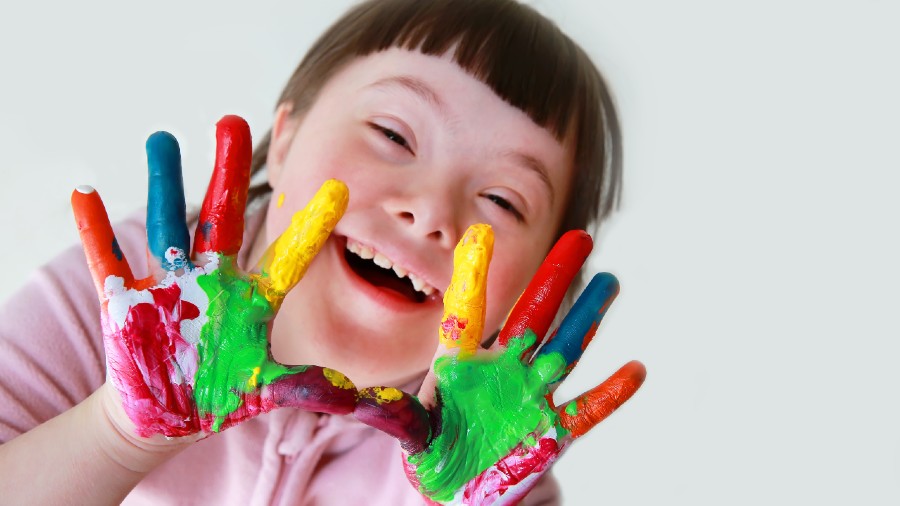Schools are doing lessons in inclusion to sensitise pre-primary and primary students to children with special needs.
The sensitisation is important especially during the pandemic, when the children were mostly confined to home and their interaction with peers was severely curtailed, a school head said.
She stressed the need to foster sensitivity among children by exposing them to real-life experiences or narrating stories to them so that when they come across a specially abled child, they are respectful of his or her needs.
She suggested that the teachers read out stories on inclusion to the children or involve them in a cooperative play, in which each child, with or without special needs, has a role to play.
“It is for us adults, teachers and parents to teach them to be sensitive. In a classroom, the teacher can do structured guided activities where each child has a role to play, which will uphold what a child can do,” said Suman Sood, national core committee member of Early Childhood Association, a forum of schools for pre-primary education, and director of BD Memorial.
Sood said children have an innate empathy but when they see adults behave in a certain way, they get confused.
“When parents, intentionally or unintentionally, see a child on a wheelchair and express sympathy, it changes the reaction of the children, too.”
Books and films help broaden the horizon of the children and involving them in discussions will further normalise for them individuals with special needs.
“Stories which talk about differently abled individuals are included in the curriculum to teach children that disabilities cannot stop anyone from achieving their dream,” said Swati Sarawagi, founder director, Swarnim International School.
Sarawagi has authored a series of books for children, one of which, Shivi Visits Jaipur, tells the story of a girl on a wheelchair with talent for photography.
“When children read a book that has characters who have special needs, it makes them aware (of those needs) and also sensitive,” said a teacher.
At Swarnim International School, after a lesson on Hellen Keller, students were made to do activities blindfolded so they could realise the challenges of visual impairment.
At BD Memorial, Sood said, the children are taught of one value — love, empathy, forgiveness, responsibility towards society… — every month. Such lessons, she said, make the young ones sensitive.
“Children will grow up to be sensitive human beings only if the values are inculcated from a young age,” Sood said.
“Children by themselves do not see any difference, it is adults who create that difference in them,” said a teacher.
